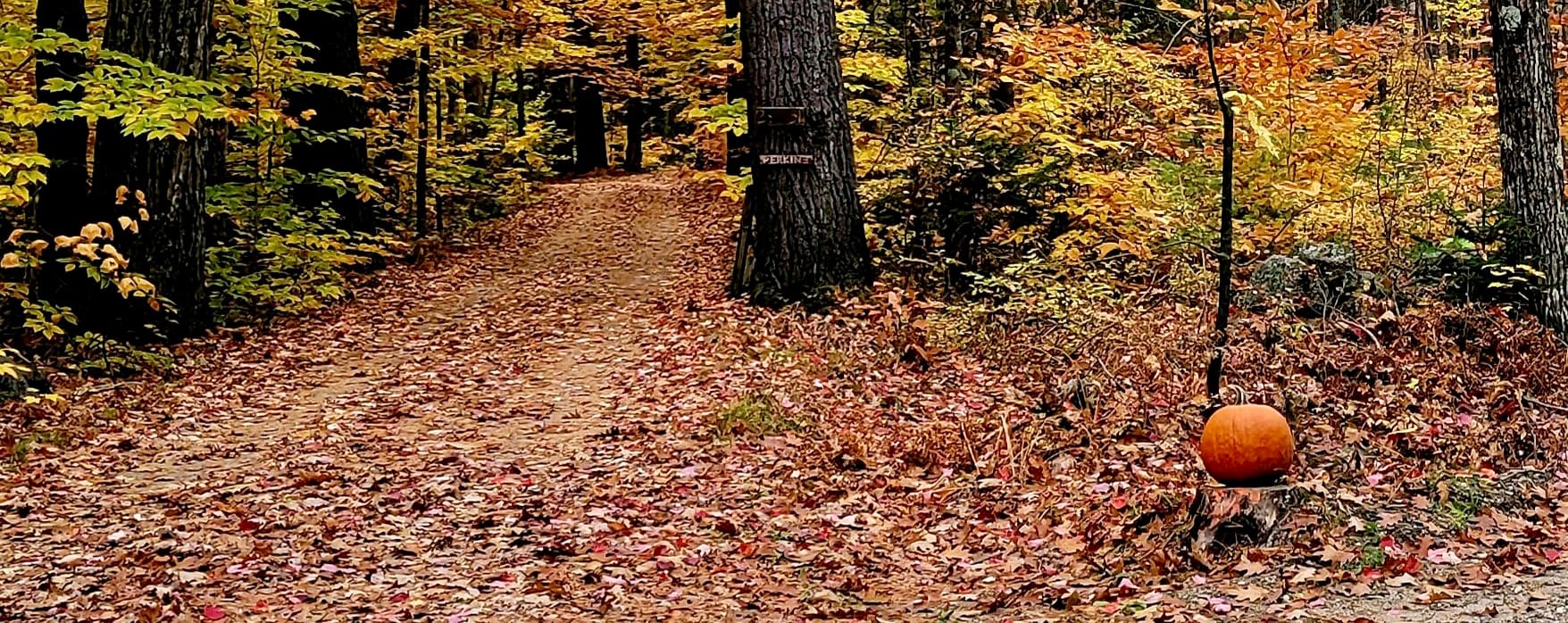Migration Time
It will be the unique and solitary sound of the owl serving as our closest friend over winter . . . except for footprints in the snow and a few ghostly pictures from our wildlife cameras strung around the trees.

October, and we are anticipating the loons’ departure from our waters. We are hoping for another few weeks of their company, but we check each morning, through binoculars if necessary, for a sign of them floating against the shoreline. The good news is that ahead of leaving, they seem to congregate on the pond, three and four at a time, which adds to the overnight sound of their voices, a mournful chorus echoing the beginning of time.
From the woods behind them, we can hear the owls more clearly now that the chattering of songbirds has abated, many of whom have already fled south. Those that remain go about their business quietly, having discussed and decided the crucial questions of life earlier in the summer. It will be the unique and solitary sound of the owl serving as our closest friend over winter, with little else to keep us company except for footprints in the snow and a few ghostly pictures from our wildlife cameras strung around the trees.
Migration. How the Water Rat hated it. “Why this craving for change? Why not stay on quietly here, like us, and be jolly?” he lamented in Kenneth Grahame’s classic, The Wind in the Willows (1908). “Why do you ever come back, then, at all?”
Shortly after arriving in New Hampshire years ago, I was making conversation with a long-time member of the community and asked, “Do you go south for the winter?”
“Certainly not,” she answered, emphatically straightening herself to full height.
But it tempts other mortals. “Ah, yes, the call of the South, of the South!” twittered the swallows in Grahame’s book. “Its songs its hues, its radiant air!”
The beavers on our pond will remain under the ice for the winter, going from the darkness of their lodge to the darkness of the frigid water and back again. It is hard to imagine any creature that could be happier for radiant air in the spring. Polar bears have nothing on the pond beaver. Around here, the black bears will sleep, as will the bats that made a temporary shelter for the summer under a piece of loose siding on our garage. Other creatures will hunker under the snow or withdraw to their dens for long naps between occasional expeditions for food.
We are happily distracted by the blooming fall colors. Everyone wonders how this year’s foliage will turn out following the drought. Meanwhile, the migration goes on around us - the “daily shrinkage in the stream of comradeship,” as Grahame described it, taking place while our attention is elsewhere as if nature means to sneak away. Soon enough, the leaves will be down and the trees bare, which is when it will hit us: we are done for the year. The party is over. The music has stopped, the stage is empty, and the house lights have come up. The animals have left the building.
We will miss the loons, beavers, eagles, and general uproar. Like the grandchildren when they come and go. But Mole consoles us, as he did his friend Rat. “…He turned his talk to the harvest that was being gathered in, the towering wagons and their straining teams, the growing ricks, and the large moon rising over bare acres dotted with sheaves. He talked of the reddening apples around, of the browning nuts, of jams and preserves and the distilling of cordials; till by easy stages such as these he reached midwinter, its hearty joys and its snug home life.”
The temperature is expected to drop to thirty-two tonight for the first time this season. A short glass of Calvados in front of the wood stove might be the snug thing to enjoy.
Published in the Monadnock Ledger-Transcript, October 11, 2022

